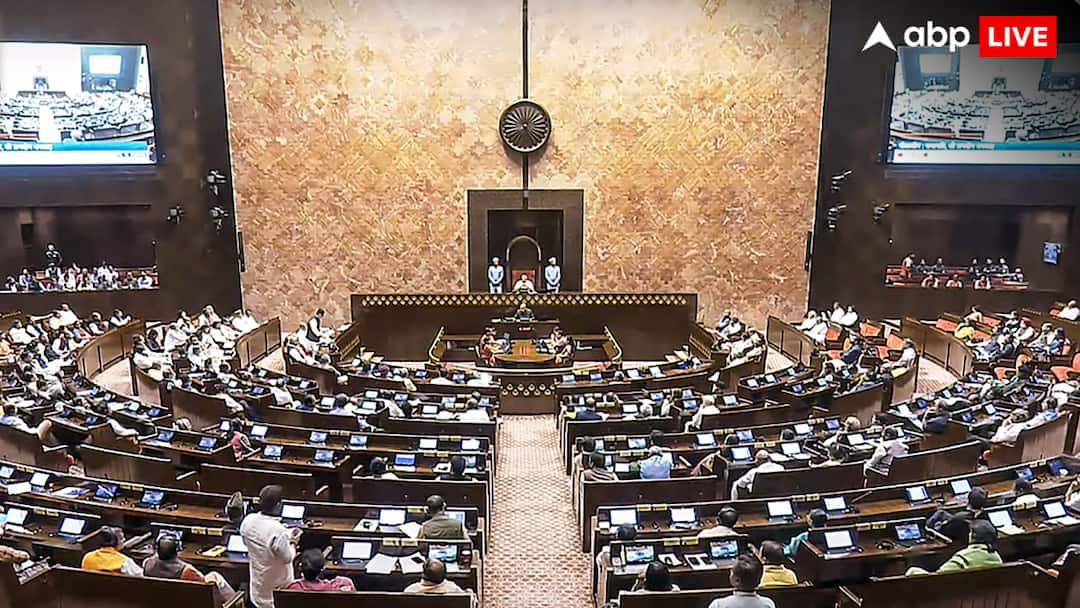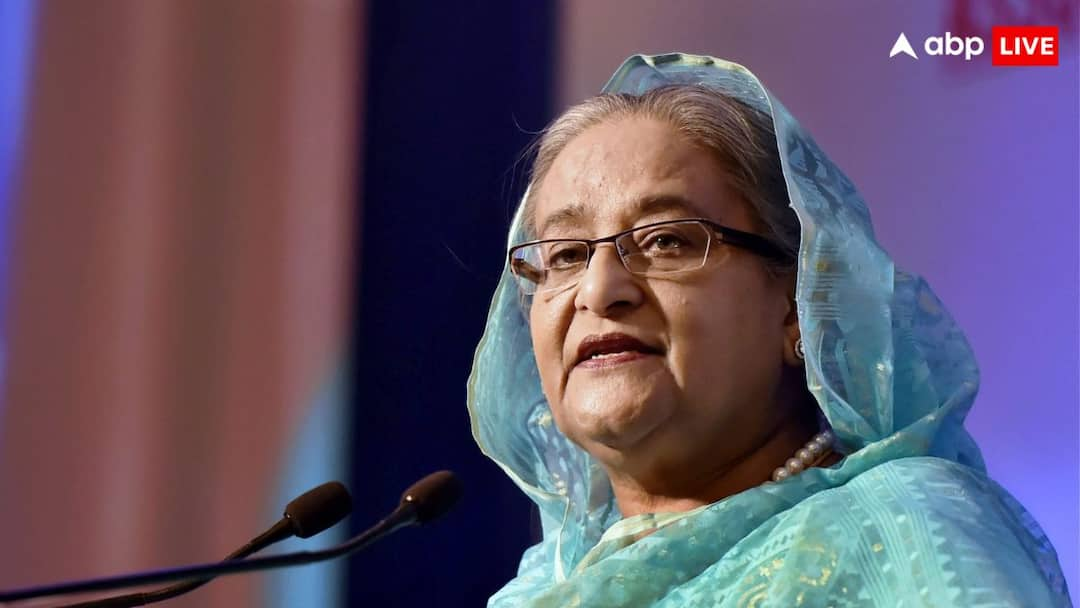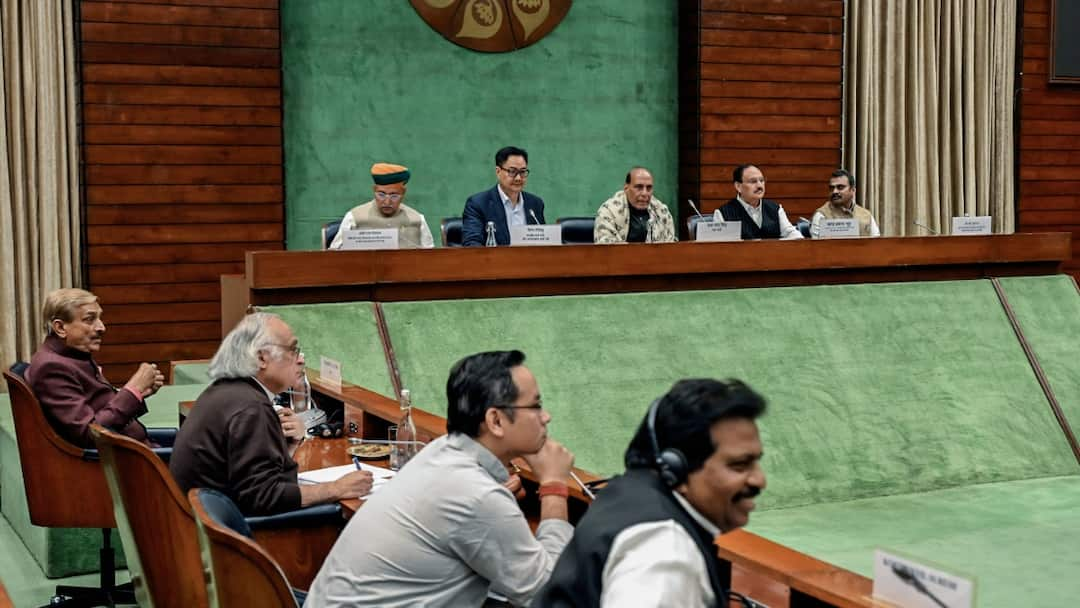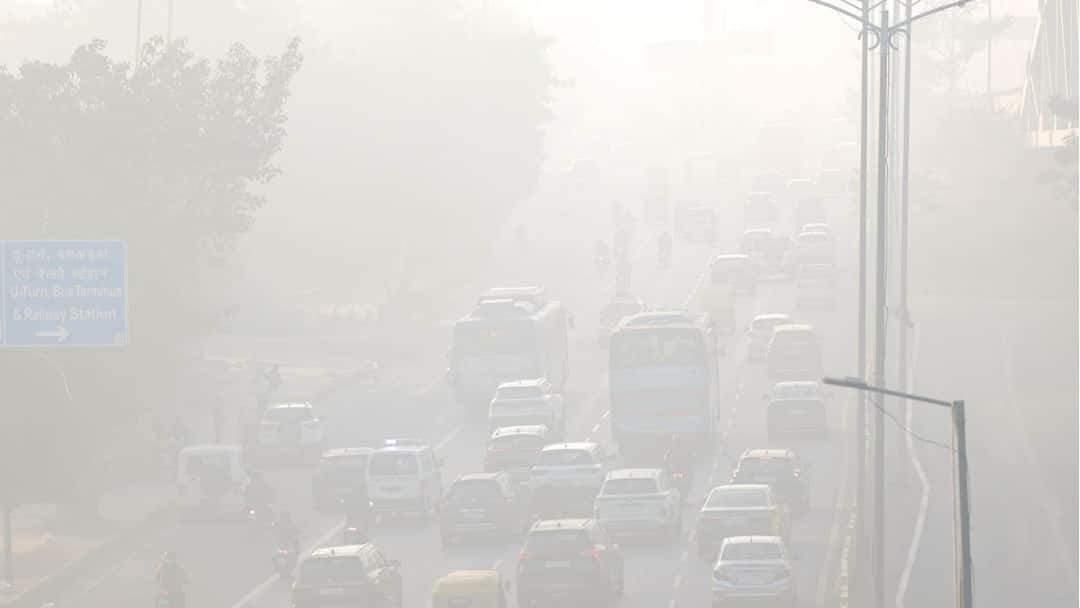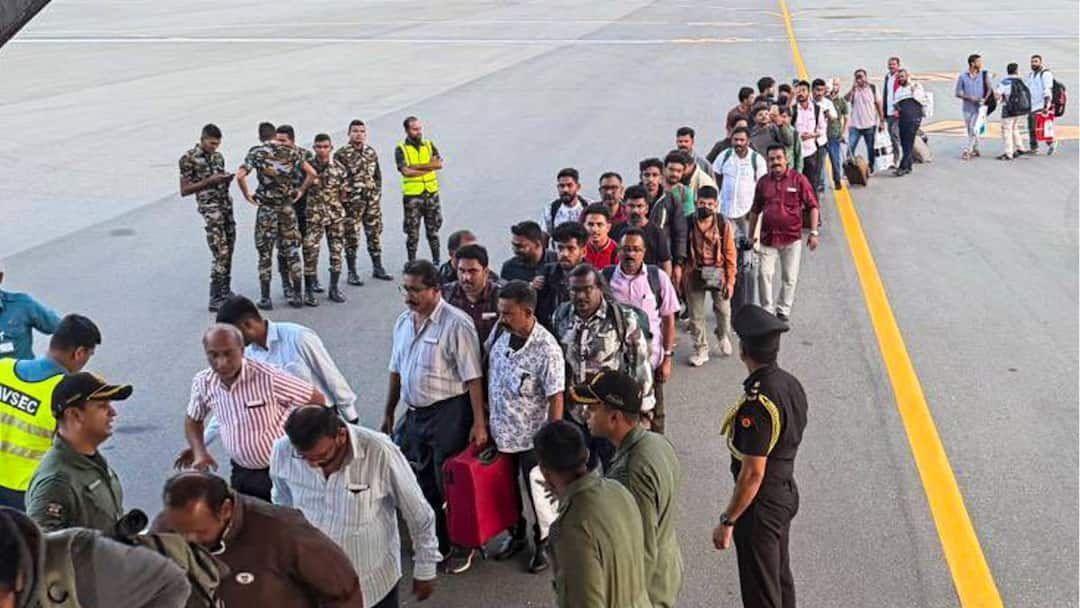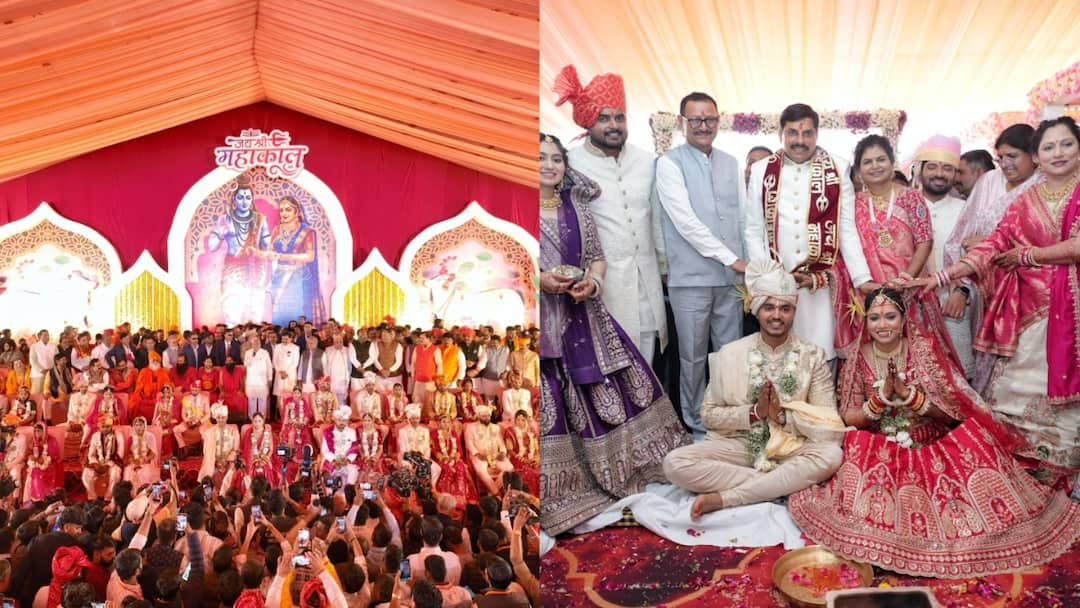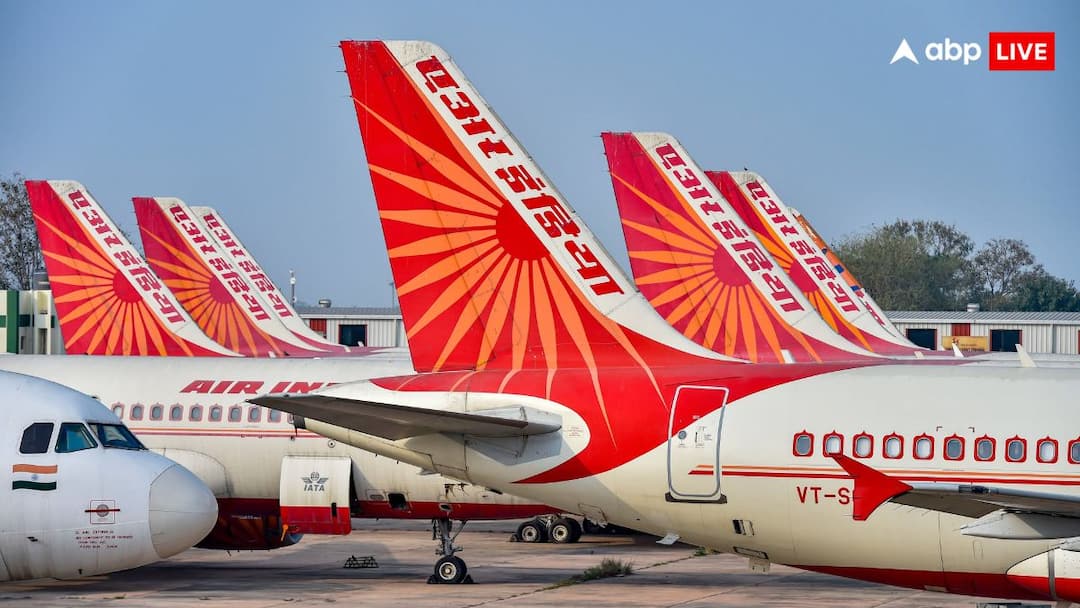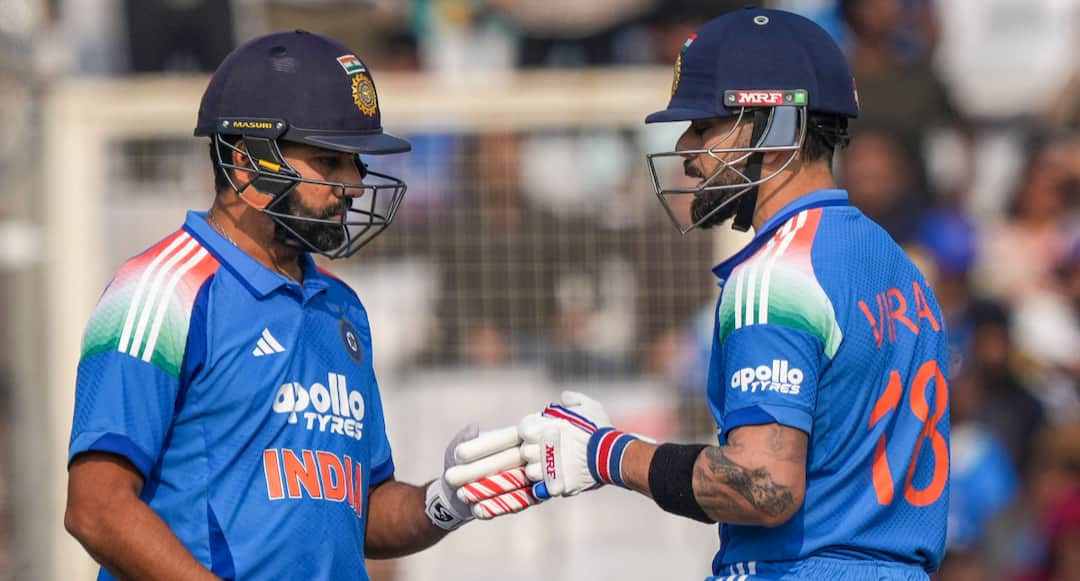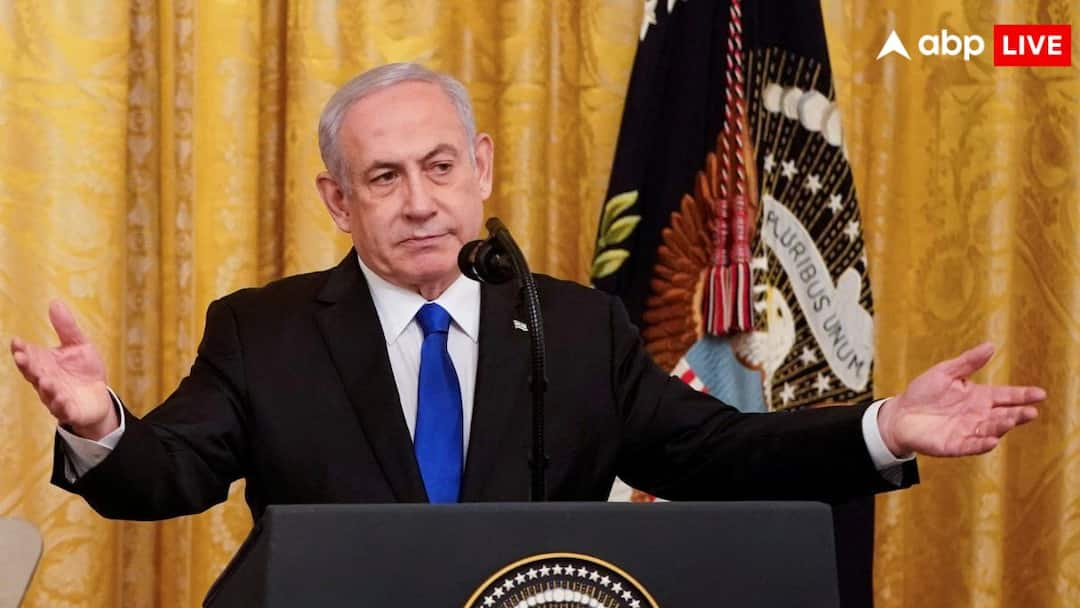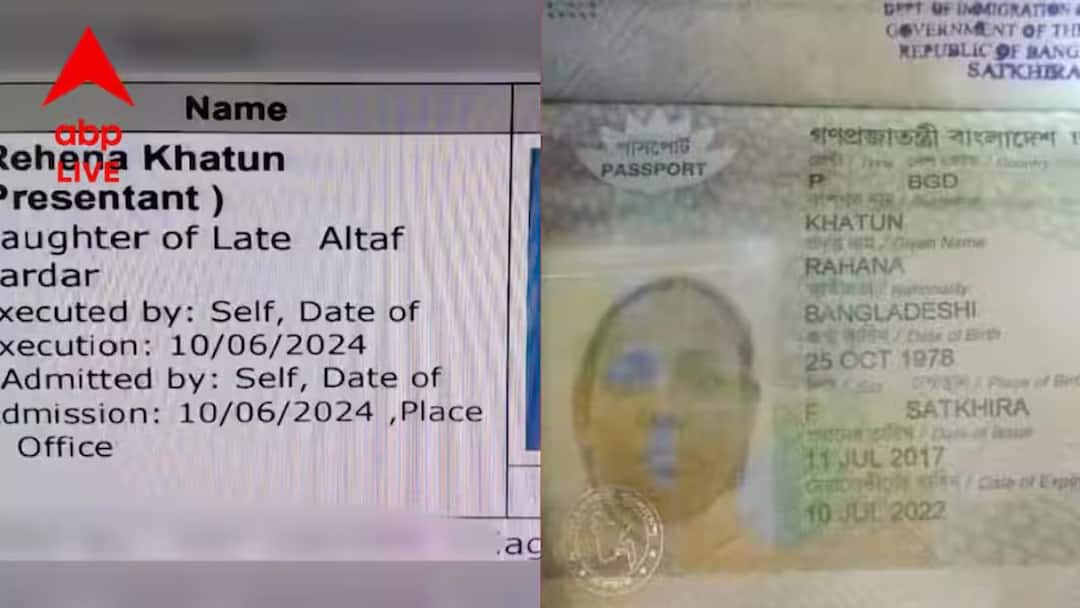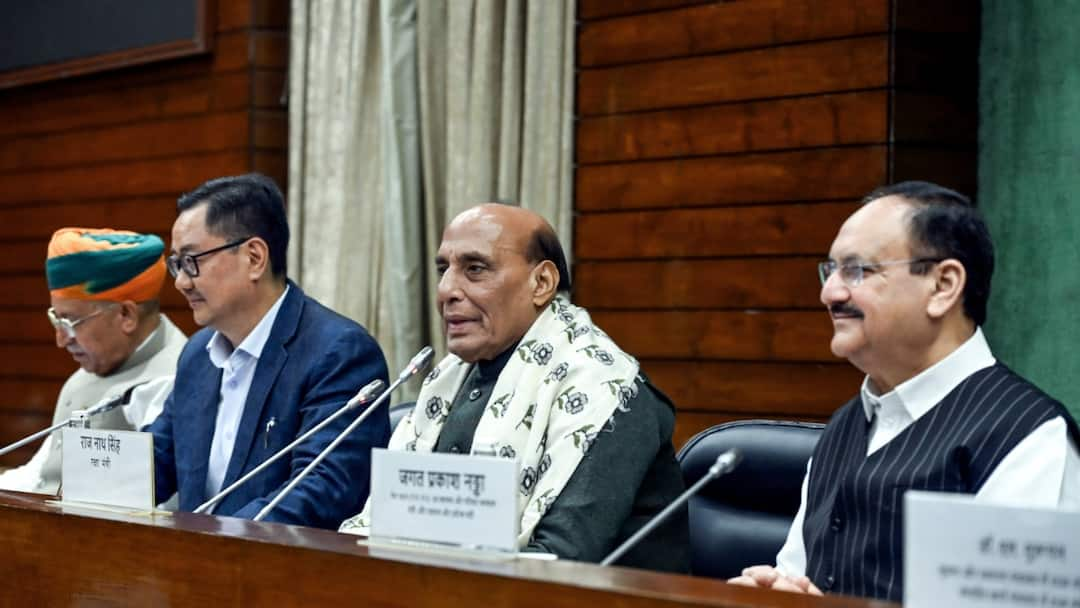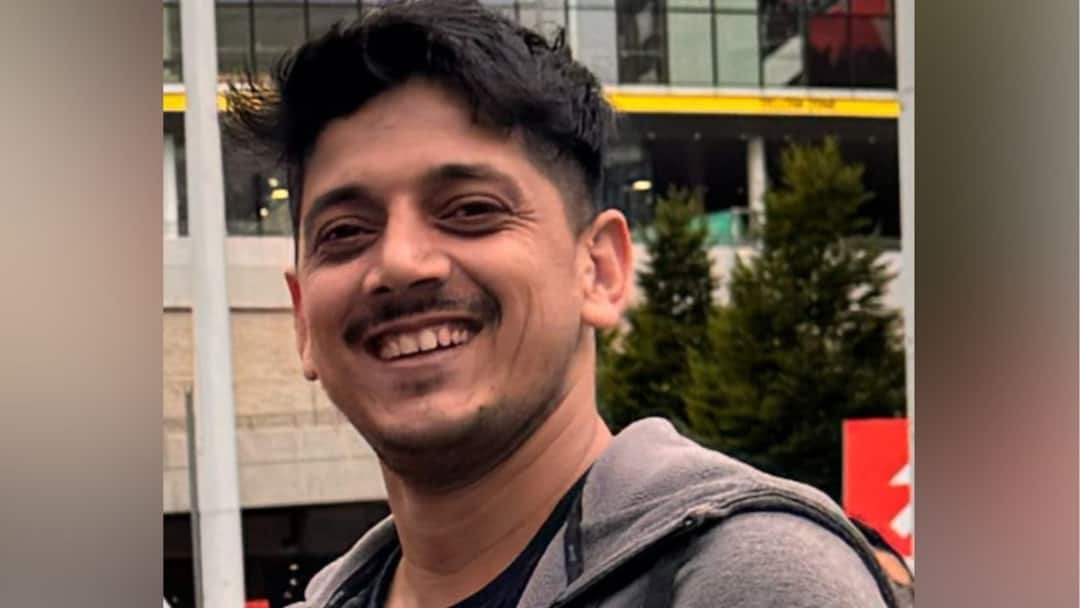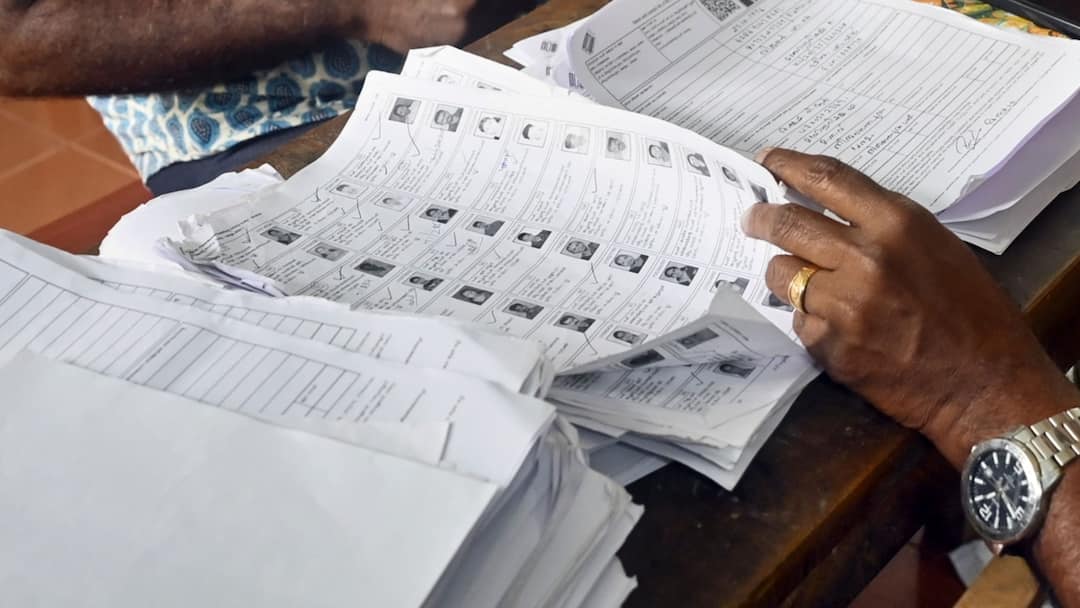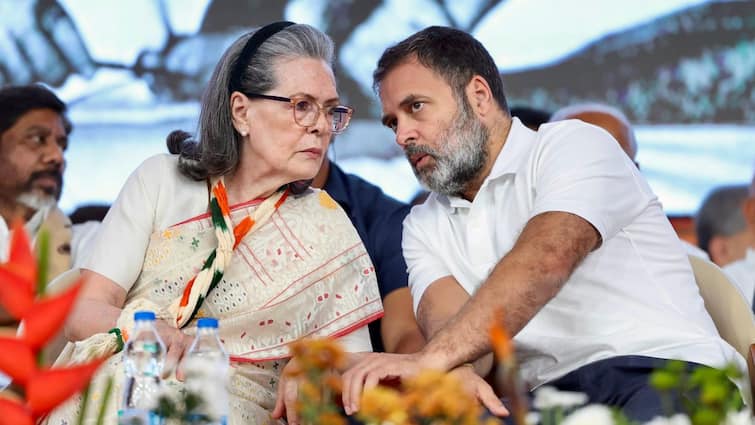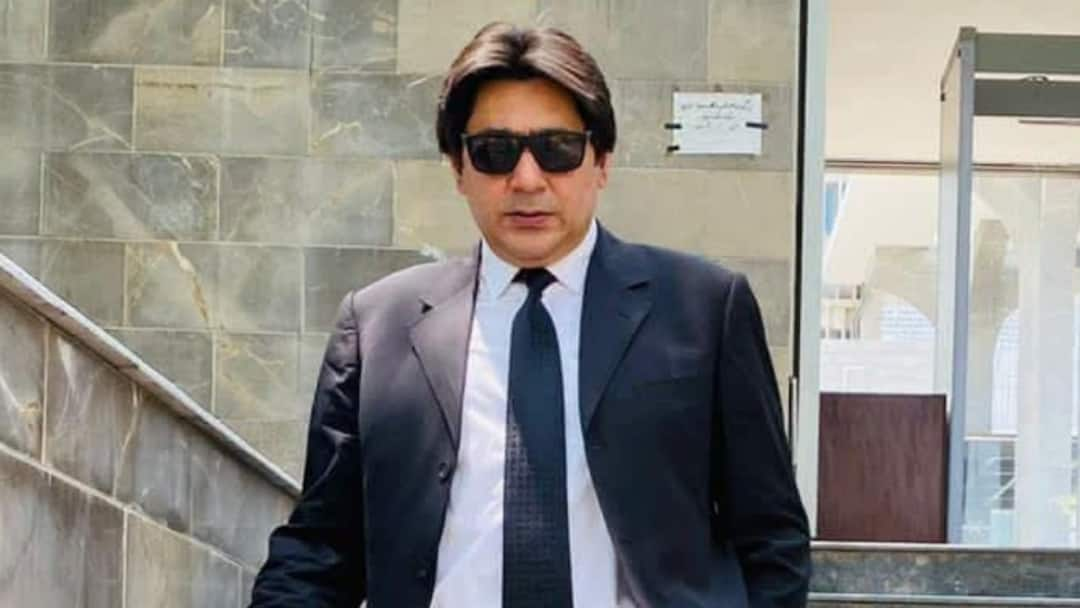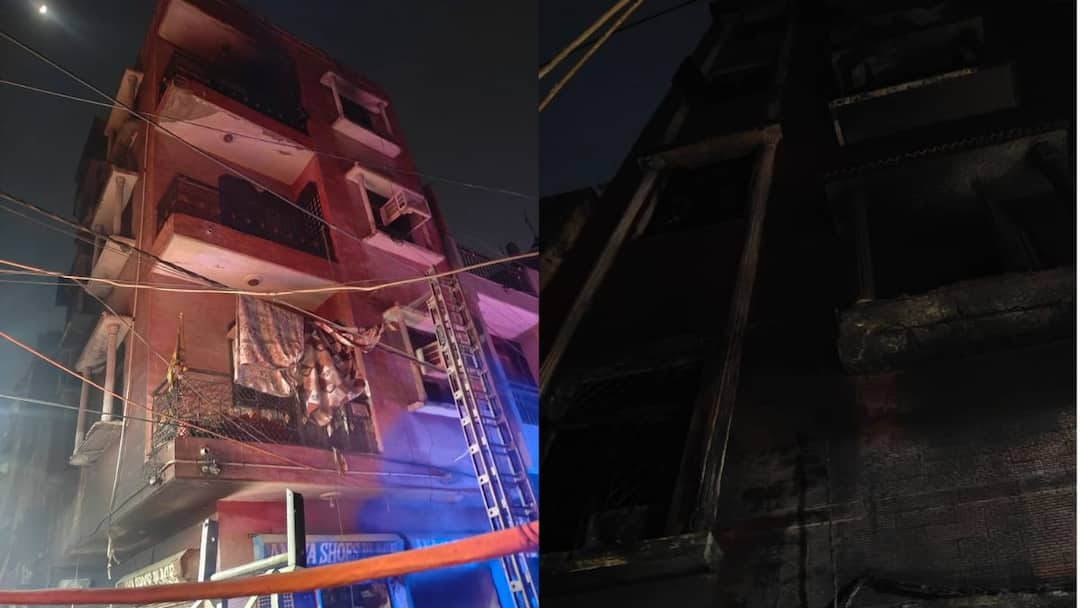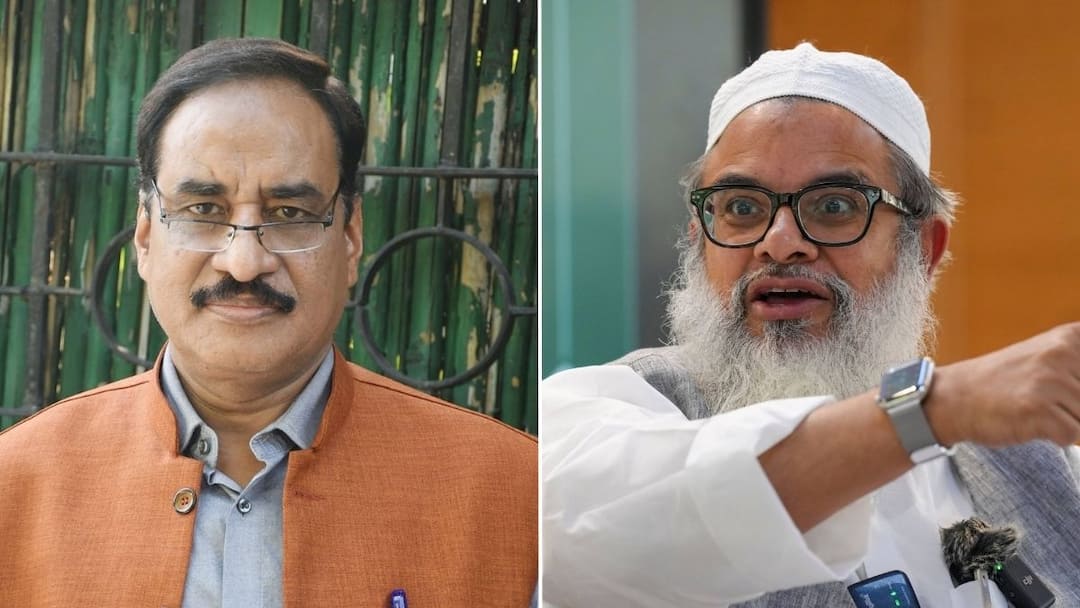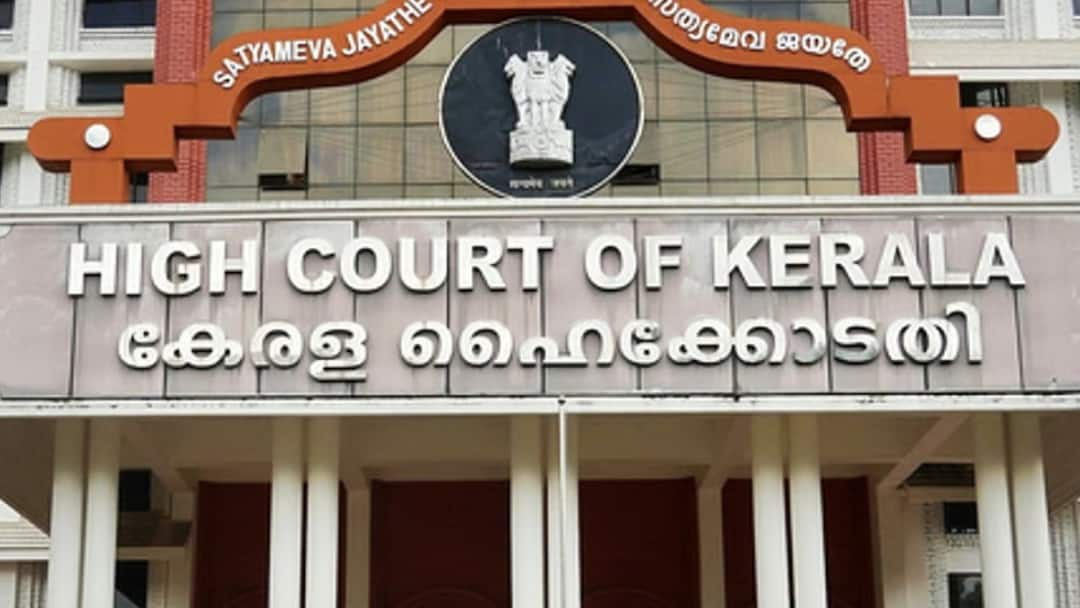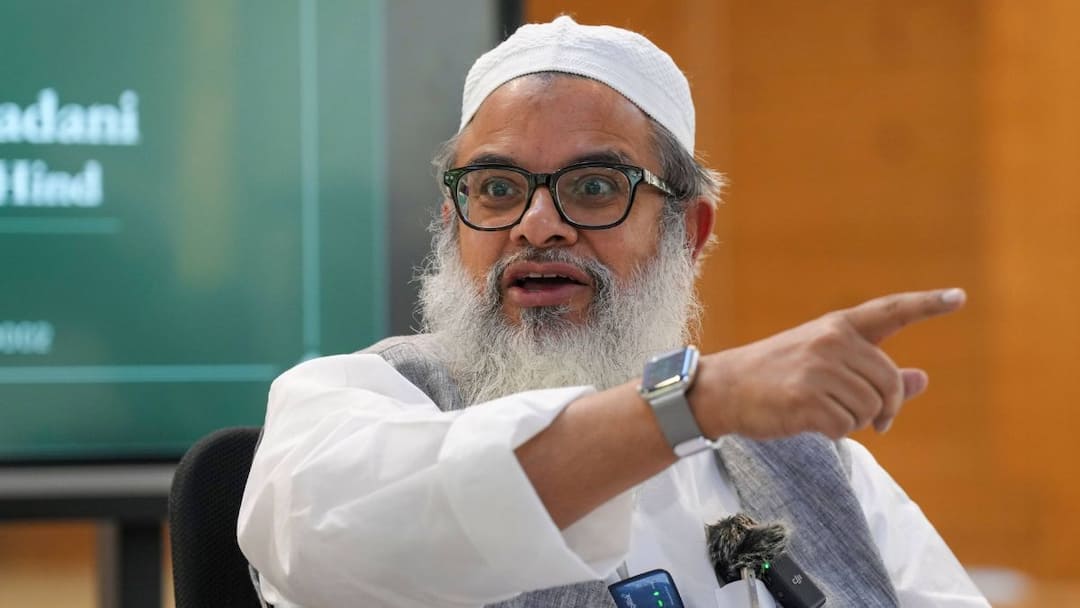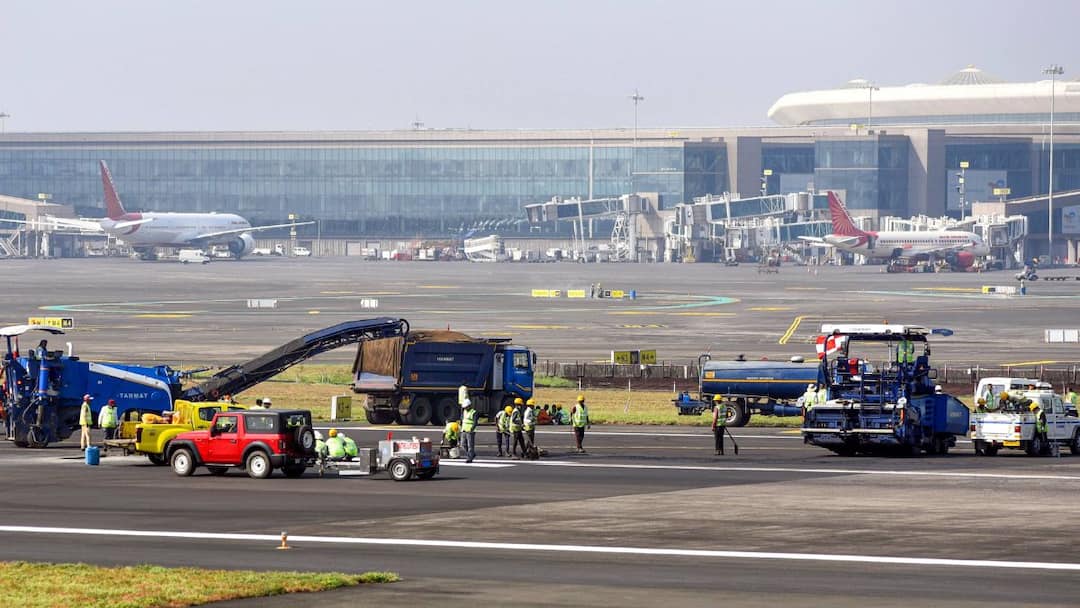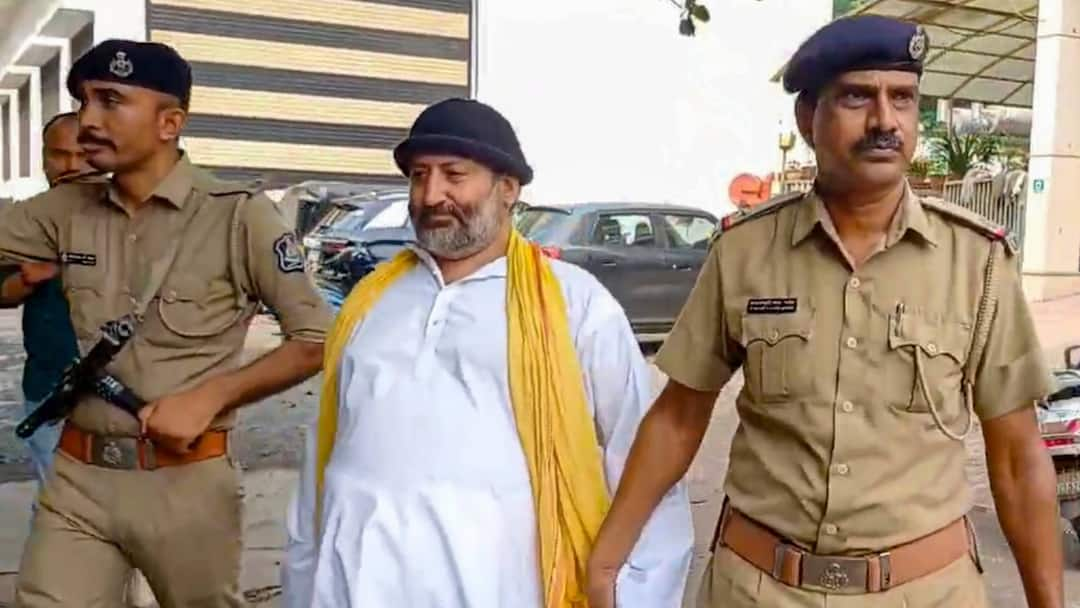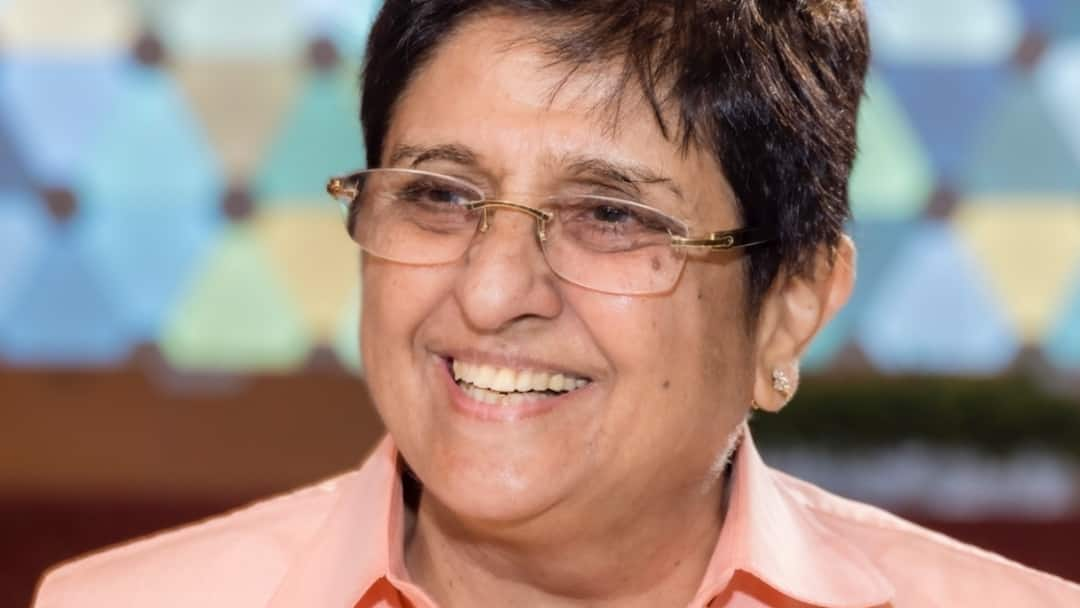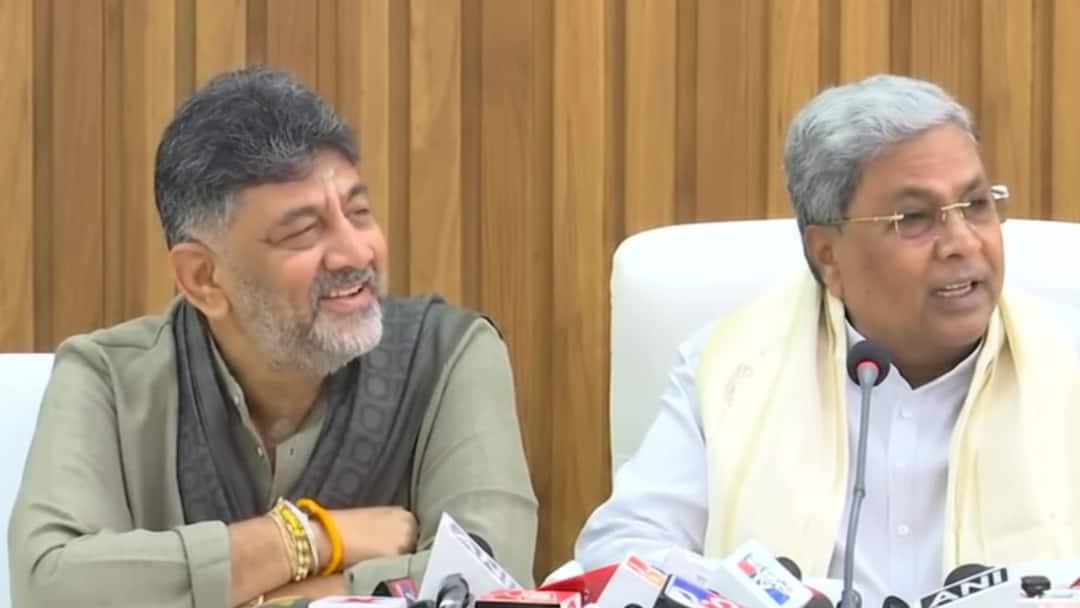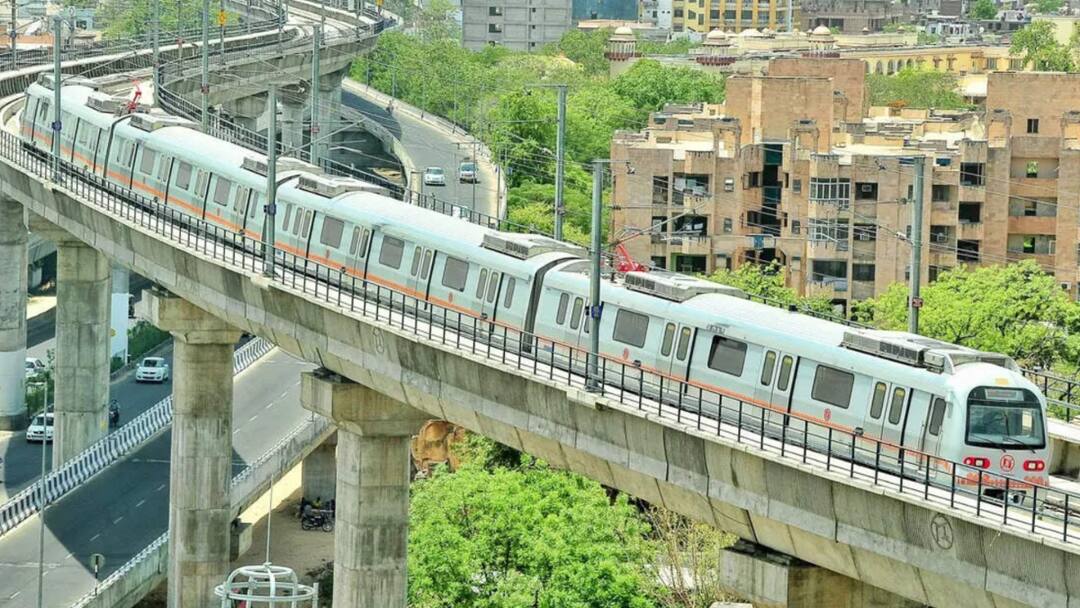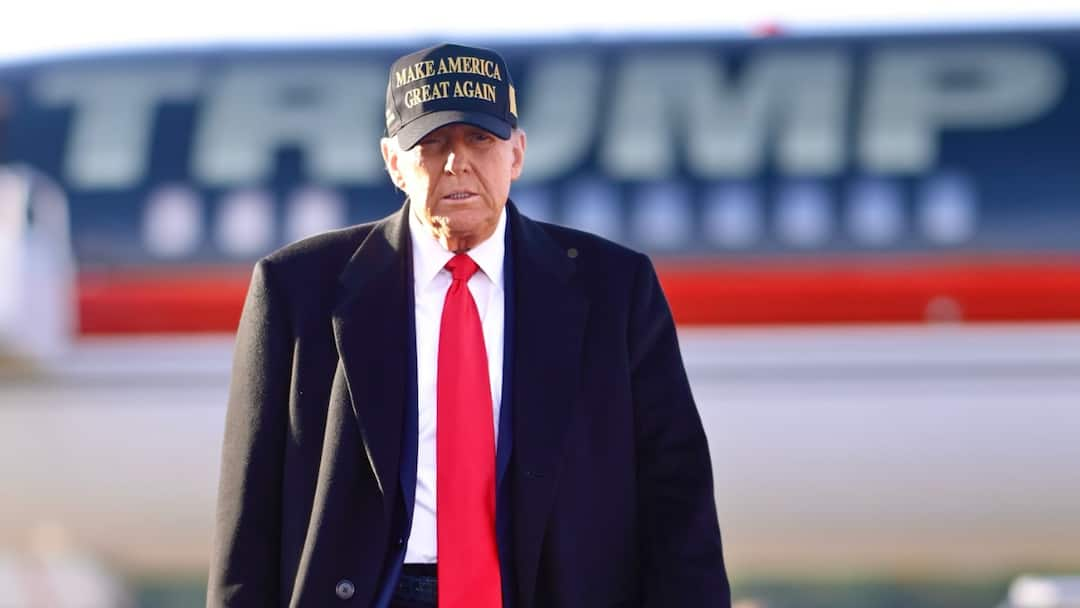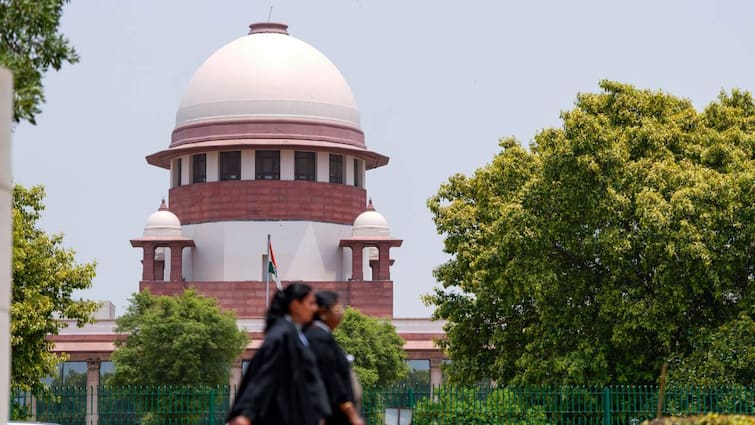
The Supreme Court on Monday heard arguments for over three hours on a batch of petitions challenging the Waqf (Amendment) Act, 2025, particularly on the issue of granting interim relief. A Bench comprising Chief Justice of India BR Gavai and Justice AG Masih observed that a compelling case must be presented to stay the operation of a statute.
“There is a presumption of constitutionality in favour of every statute. For interim relief, you have to make out a very strong and glaring case. Otherwise, presumption of constitutionality will be there,” CJI Gavai was quoted as saying, according to Live Law.
Senior Advocate Kapil Sibal, appearing for the petitioners, argued that they had a strong prima facie case and warned that “irreparable injury will be caused if the provisions are activated.”
At the outset, Solicitor General of India Tushar Mehta urged the court to limit the hearing to three issues previously flagged by the Bench on 16 April. “The court had earmarked three issues. We had filed our response to these three issues. However, written submissions of the petitioner now extend to several other issues. I have filed my affidavit in response to these three issues. My request is to confine it to the three issues only,” the SG submitted, as per Live Law’s report.
Senior Advocates Kapil Sibal and AM Singhvi opposed the limitation, asserting that the earlier Bench led by then CJI Sanjiv Khanna had not restricted the scope of the hearing.
Sibal contended that the 2025 amendments were aimed at “capturing waqfs through a process which is non-judicial.” He raised concerns over the provision allowing a government officer to decide disputes regarding whether waqf properties have encroached upon government land. “The government decides its own procedure, anybody can create disputes,” Sibal argued.
He also challenged the provision nullifying the principle of “once a waqf, always a waqf” and stated that non-registration under the amended Act could result in a waqf property losing its legal recognition.
Referring to historical context, the Bench recorded, “From 1913 to 2023, though there was provision for registration of Waqf, no consequences were provided for non-compliance except removal of the Muttawalli.”
The amended law’s requirement that a person must have practised Islam for five years to create a waqf was termed “per se unconstitutional” by Sibal. He further criticised Section 3E, which invalidates waqfs in Scheduled Tribe areas, alleging it infringes on the fundamental rights of Muslims from those communities.
Kapil Sibal On Nomination Of Non-Muslims To Waqf Boards
Sibal also objected to the nomination of non-Muslims to Waqf Boards. “Earlier, the Board members were elected and they were fully Muslims. Now they are all nominated. There will be 11 members, and 7 can be non-Muslims. This is violative of Articles 25 and 26. Management has to be done by the community,” he argued.
Though the Bench disagreed with the interpretation and noted that only two non-Muslims could be nominated besides ex-officio members, Sibal maintained, “Even two is too many,” adding that no such provision exists in Hindu endowment laws.
Further objections were raised regarding the abolition of the Survey Commissioner’s office, restrictions on registration of disputed waqf properties, and the consequence that such properties would be excluded from approaching Waqf Tribunals. “My fundamental right to litigate is lost. My property taken over and I cannot litigate. This is manifestly arbitrary,” Sibal stated, as per the report.
Senior Advocate Rajeev Dhavan pointed out that the proviso to Section 3A, which excludes Muslim-created trusts from the Act, could impact properties with similar objectives. He also highlighted that a Sikh client intending to dedicate property as waqf is now barred under the amendment, which restricts waqf creation to Muslims only.
Abhishek Manu Singhvi Cites Farms Laws Example For Halting Legislation Pending Challenge
Senior Advocate Abhishek Manu Singhvi reiterated many of the petitioners’ points and referenced the Supreme Court’s 2021 interim stay on the farm laws as precedent for halting legislation pending challenge.
Senior Advocate Chander Uday Singh argued that registration had never been a precondition for waqf validity until the 2025 amendment. Senior Advocate Huzefa Ahmadi also challenged Section 107, which brings Waqf matters under the purview of the Limitation Act, effectively rendering it impossible to contest earlier declarations of evacuee properties.
Ahmadi also contended that Section 3D, which invalidates waqf declarations of protected monuments, warranted an absolute stay, warning that ancient mosques could lose their waqf status. The requirement of “five years of practising Islam” was described as arbitrary and invasive, the report stated.
Although Advocate Nizam Pasha requested time to make submissions, the Bench declined, stating that sufficient time had already been given. The Bench will hear the Union Government’s arguments on Tuesday.
Previously, on April 17, the Centre assured the Court that it would not give effect to certain provisions of the amendment under challenge, including those related to waqf registration and Board appointments.
The petitions have drawn support and opposition across the political spectrum. Intervention applications have been filed by BJP-led States such as Assam, Rajasthan, Chhattisgarh, Uttarakhand, Haryana, and Maharashtra in support of the law. Kerala has also backed the amendment. Among the petitioners are AIMIM MP Asaduddin Owaisi, AAP MLA Amanatullah Khan, Jamiat Ulema-i-Hind President Arshad Madani, TMC MP Mahua Moitra, the Indian Union Muslim League, All India Muslim Personal Law Board, CPI, DMK, and RJD MP Manoj Kumar Jha, among others.
The hearing in the Supreme Court on the Waqf Amendment Act will resume on Wednesday.
Doonited Affiliated: Syndicate News Hunt
This report has been published as part of an auto-generated syndicated wire feed. Except for the headline, the content has not been modified or edited by Doonited




